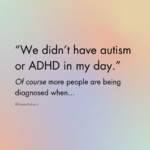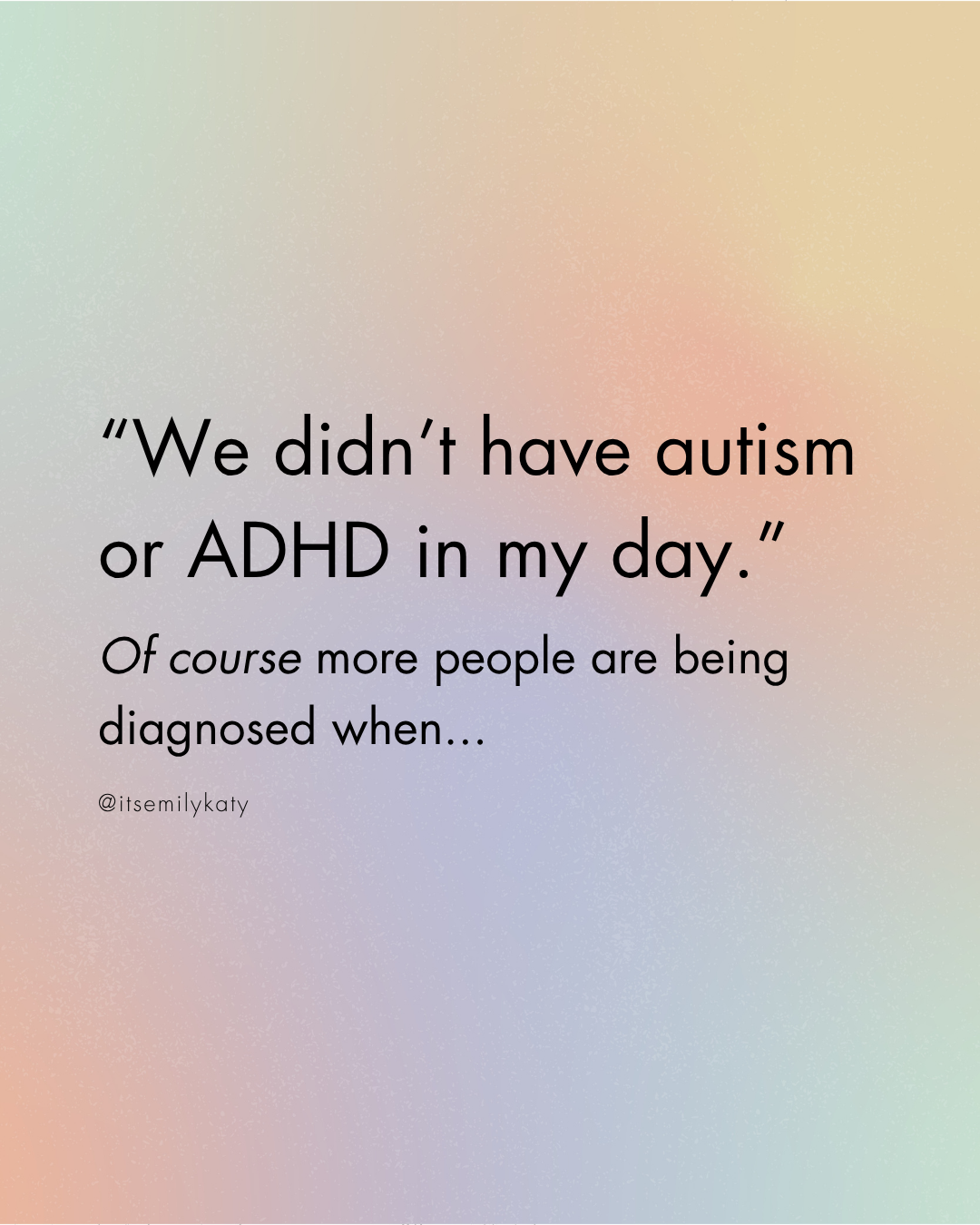Social anxiety isn’t just shyness; it’s self-doubt that turns everyday interactions difficult. For those who experience it, simple acts like making eye contact, ordering a coffee, or even walking into a room can trigger a flood of fear about being judged or rejected. Physical symptoms like racing hearts and sweaty or shaky hands only add to the worry. But what if something as instinctive as smiling could help disarm that anxiety? Even when forced, smiling triggers a cascade of feel-good neurotransmitters like dopamine and serotonin, which can calm nerves and project confidence. This isn’t just about “faking it”; it’s about using your body’s own chemistry to cope with stress. In this article, we’ll explore how a genuine, confident smile can become a powerful tool to ease tension.
The Science Behind Smiling and Stress Reduction
Smiling, often perceived as a simple gesture of happiness, has profound implications for stress reduction through its physiological effects on the body. When a person smiles, the brain releases endorphins and dopamine, chemicals that work as natural painkillers and mood enhancers. Endorphins, which are also known as “feel-good” hormones, relieve pain and produce a sensation of well-being. This mixing of two different but similarly positive compounds, alongside dopamine-a neurotransmitter linked with pleasure and reinforcement-amplifies the positive sensation as well. The release of these chemicals not only improves your mood but also reinforces a positive feedback loop that will get you to smile more, keeping you in an upbeat frame of mind. Cortisol, commonly known as the “stress hormone,” is an integral mediator of the stress response within the body. High levels of cortisol are associated with several health issues, such as anxiety, depression, and cardiovascular diseases. Smiling reduces cortisol levels, which helps to counter the negative effects of stress. The positive effects of increased oxytocin are that the stress hormone cortisol is reduced via activation of the parasympathetic nervous system, inducing peaceful relaxation rather than activating the stress-response fight-or-flight mode.
How Smiling Affects Social Interactions
Smiling is something we all do. It transcends literacy and culture- an important means of improving social interaction. Smiling is a universal signal of friendliness and openness, which may help to facilitate communication and foster trust. People gravitate towards those who smile, reflecting warmth and concern. It can hold friendships stronger and initiate new professional ties because we feel at ease and worth more when accompanying those who smile. Therefore, it is very helpful for our social life to be able to create positive relations through a smile. The smile is a strong nonverbal cue, and it communicates approachability and friendliness. People who smile are perceived as more approachable in social settings. Friendly personas can create more social chances because people are more likely to talk to you and reach out if they think you are nice. Additionally, a smile acts as a great stress-buster and a means to avoid triggering unpleasant situations.
Building Confidence Through Improved Dental Aesthetics
A bright and aligned smile is not just about looks. It is also tied deeply to how we see ourselves. That is why taking care of your teeth is a great habit to have, but if you haven’t always kept up with it, your smile might have picked up a few chips and cracks along the way. The good news is that modern dentistry makes it easy to refresh your smile without any major overhaul. For some, cosmetic options like veneers can help align their outer confidence with how they feel inside. These treatments will help you get that extra confidence to show the world your best smile. In addition to veneers, teeth whitening is another effective way to enhance a smile. The result is often immediate, providing a simple yet dramatic transformation that boosts self-esteem. For those looking for a straighter smile without traditional braces, clear aligners offer a discreet solution. It’s not about “fixing” anything-it’s about enhancing your natural smile so you feel even more comfortable and confident every day. A little touch-up here and there can make you feel like the best version of yourself.
Techniques for Using Smiles to Ease Social Anxiety
For those with social anxiety, smiling may not come naturally. Genuine or Duchenne smiles would be a great technique to take anxiety away. Duchenne smiles differ from forced smiles as the former activates the muscles in the mouth area as well as around the eyes, producing a more authentic portrayal of happiness. While smiling does not cure social anxiety, it has been shown to reduce the symptoms when incorporated to help with daily stress management. Adding a few minutes of smiling exercises like laughing out loud or laughter yoga can leave you insulated for anxiety-laden situations. You can also watch funny shows to keep your stress level in check. In a way, it becomes reassuring because you learn not to take social situations seriously, which ultimately gives you less anxiety overall. Another aspect is power posing, which combines confident body language with a smile to boost your confidence in social settings. The concept was popularised by social psychologist Amy Cuddy. It states that individuals should stand tall and flash a broad smile before entering any social situation to project confidence and ease their own anxiety. With frequent practice, you will become more confident about social interactions over time, resulting in decreased anxiety.
Wrapping Up
Social anxiety may feel like an unshakable shadow, but small, intentional actions-like smiling-can chip away at its grip. By activating your brain’s natural stress-relief systems, a smile helps quiet the noise of self-doubt, making interactions feel lighter and more manageable. Over time, this practice can foster deeper connections, boost self-assurance, and even rewire how you respond to social challenges. Moreover, smiling is contagious. When one does smile, the other person also smiles, which creates a better and supportive social environment. Such social interaction can give emotional support and lessen feelings of loneliness, and togetherness contributes to better mental health.









